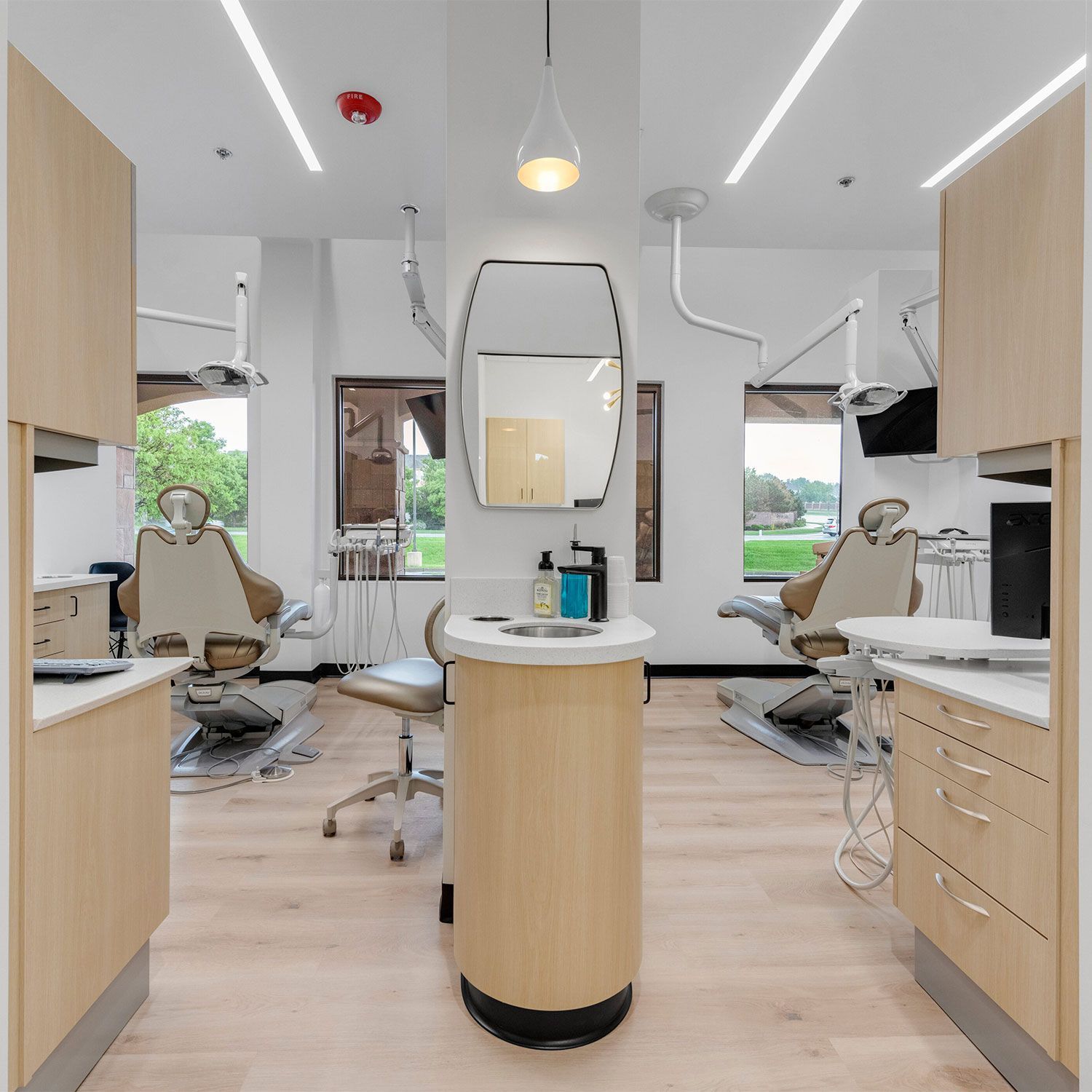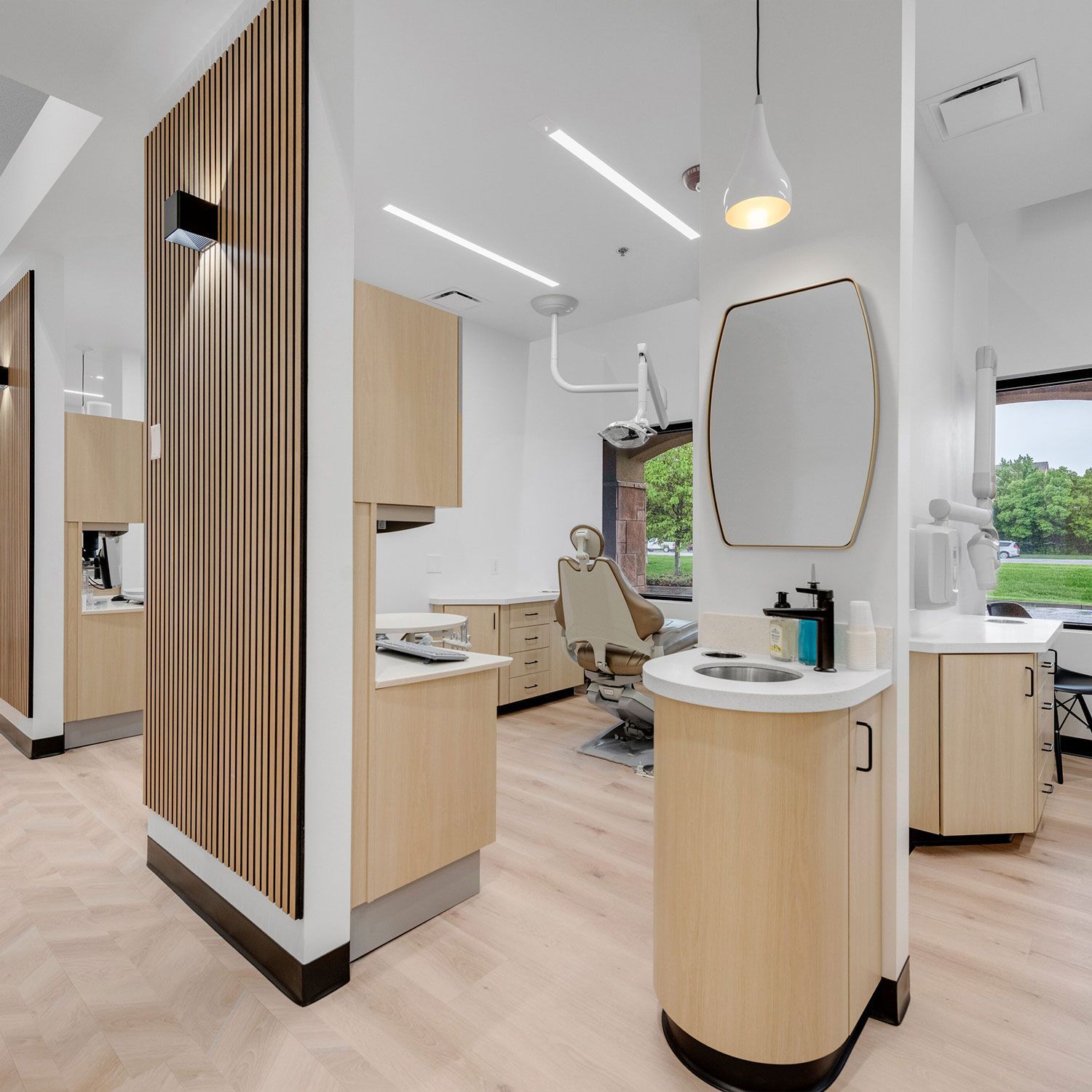Exploring the Pros and Cons of Zirconia Implants:
Understanding the Benefits and Limitations

Benefits
-
BIOCOMPATIBILITY
Zirconia implants have several advantages over traditional titanium implants. First, zirconia has excellent biocompatibility, which means it is highly compatible with the body and results in better soft tissue response. Additionally, zirconia implants have an aesthetic advantage over titanium implants due to their tooth-like color, which prevents them from appearing dark and visible through the gums. This can be particularly advantageous for front teeth, where esthetics are crucial.
-
CORROSION-RESISTANT PROPERTIES
Another key advantage of zirconia implants is their corrosion resistance. Zirconia is highly resistant to corrosion, which helps ensure the implant's long-term stability.
-
ENJOY THE BENEFITS OF TITANIUM WITHOUT ANY ADVERSE REACTIONS
Additionally, patients who have titanium or other metal allergy may seek treatment with metal-free zirconia implants, which eliminates the risk of an allergic reaction to titanium.
-
REDUCING PLAQUE BUILDUP AROUND IMPLANT
Furthermore, some studies have suggested that zirconia implants may accumulate less plaque and be less susceptible to infections. This can lead to a reduced risk of implant failure and improved oral health.
-
LOW ELECTRICAL AND THERMAL CONDUCTIVITY
Finally, zirconia implants are poor electrical and thermal conductors, which eliminates the possibility of galvanic or battery effects. Overall, the advantages of zirconia implants make them an attractive alternative to traditional titanium implants for certain patients.
LIMITATIONS
-
STRENGTH AND FRACTURE RESISTANCE IN DENTAL IMPLANTS:
When comparing zirconia and titanium dental implants, it is important to consider their respective strengths and fracture resistance. While zirconia has many benefits, such as being biocompatible and offering a natural-looking aesthetic, it is more brittle than titanium and has a lower fracture and flexural strength. Zirconia is strong in compression, but it is more likely to fracture under forces that cause bending or flexing, such as bruxism.
-
LIMITED VARIETY OF COMPONENTS AND DESIGNS
Another important factor to consider is the variety of components and designs available for zirconia implants. Currently, there are limited options for zirconia implant designs and parts compared to titanium. For challenging cases, such as replacing several teeth or more, it can be impossible to achieve optimal results due to this limitation.
-
SUSTAINABLE AND ENDURING SUCCESS IN THE LONG RUN
One of the key concerns with zirconia implants is their long-term success. While titanium implants have gone through many years of design improvements and innovations, contributing to their long-term success rates between 94-97%, the same cannot be said for zirconia. Zirconia implants' long-term performance and success have not been proven, and there is concern over their potential complications and survival rates.
-
CHALLENGES IN USING FOR COMPLEX ORAL REHABILITATION OR IMPLANT-SUPPORTED DENTURES
Zirconia implants may not be the ideal choice when treating patients who are missing all of their teeth or need all of their teeth replaced with implant-supported dentures. This is due to the limitations in their available designs and components, making it impractical for complex oral rehabilitations.
In conclusion, while zirconia dental implants have their advantages, such as being biocompatible and offering a natural-looking aesthetic, they also have limitations in their strength and fracture resistance, variety of components and designs, long-term success, and practicality for complex oral rehabilitations or implant-supported dentures. It is important to consider these factors when deciding which type of implant to use for a particular patient's needs.

CLIENT REVIEW

I have been looking for an amazing dentist office for sometime and was thrilled to meet Dr. Nicholson. She was kind, personable, very professional and very detail oriented. Having a dentist who truly cares about your dental health and their patients is a breath of fresh air. I am so glad I got to meet Dr. Nicholson and her team.
Michelle Renee

Dr.Nicholson and her staff are the best of the best! Jenna is fabulous with what she does. Very calm modern office makes you feel so comfortable.
Mayra Ramos

Dr. Nicholson's practice is full spectrum. Whether you are needing personalized service or a place for your whole family, The Smile Suite provides a state of the art, pristine and welcoming atmosphere. Jenna keeps pace with the latest dental technology and performs exceptional dental care.
Megan and Jeremy

I have been a patient of Dr Nicholson for several years and she is very skilled. She listens, takes time, and is aware of what's new in dentistry and what is necessary vs not necessary. Her work is exceptional. I have recommended her to friends.
Ginney Hitchon

Our family has been seeing Dr. Nicholson for years. Jenna is fabulous at what she does... She is very caring and puts the patient first. She will listen to all your concerns and help you make the best informed decisions. Dr. Nicholson has the most up to date technology and is very skilled in what she does. Not only is Jenna a truly amazing dentist but The Smile Suite is an absolutely stunning and comfortable place to receive dental care. We trust her with our own dental needs and our children's.
Morgyn Hood

I chose to switch dentists after almost a decade. I was very nervous about my appointment since I had been neglecting to floss for some time. I was immediately put at ease. Dr. Nicholson spent time talking with me and genuinely cared about my concerns. The staff was professional and friendly. The office was comforting and incredibly clean. Dr. Nicholson is quite clearly talented in both dentistry and service.
Devon Torres
QUICK LINKS
Providing beautiful healthy smiles and personalized service
Join our newsletter and find out more 720-679-9689
Contact Us
We will get back to you as soon as possible
Please try again later

| All Rights Reserved | The Smile Suite | Designed by Lingows